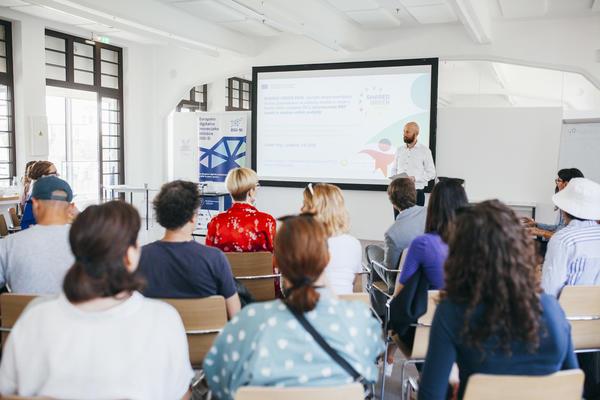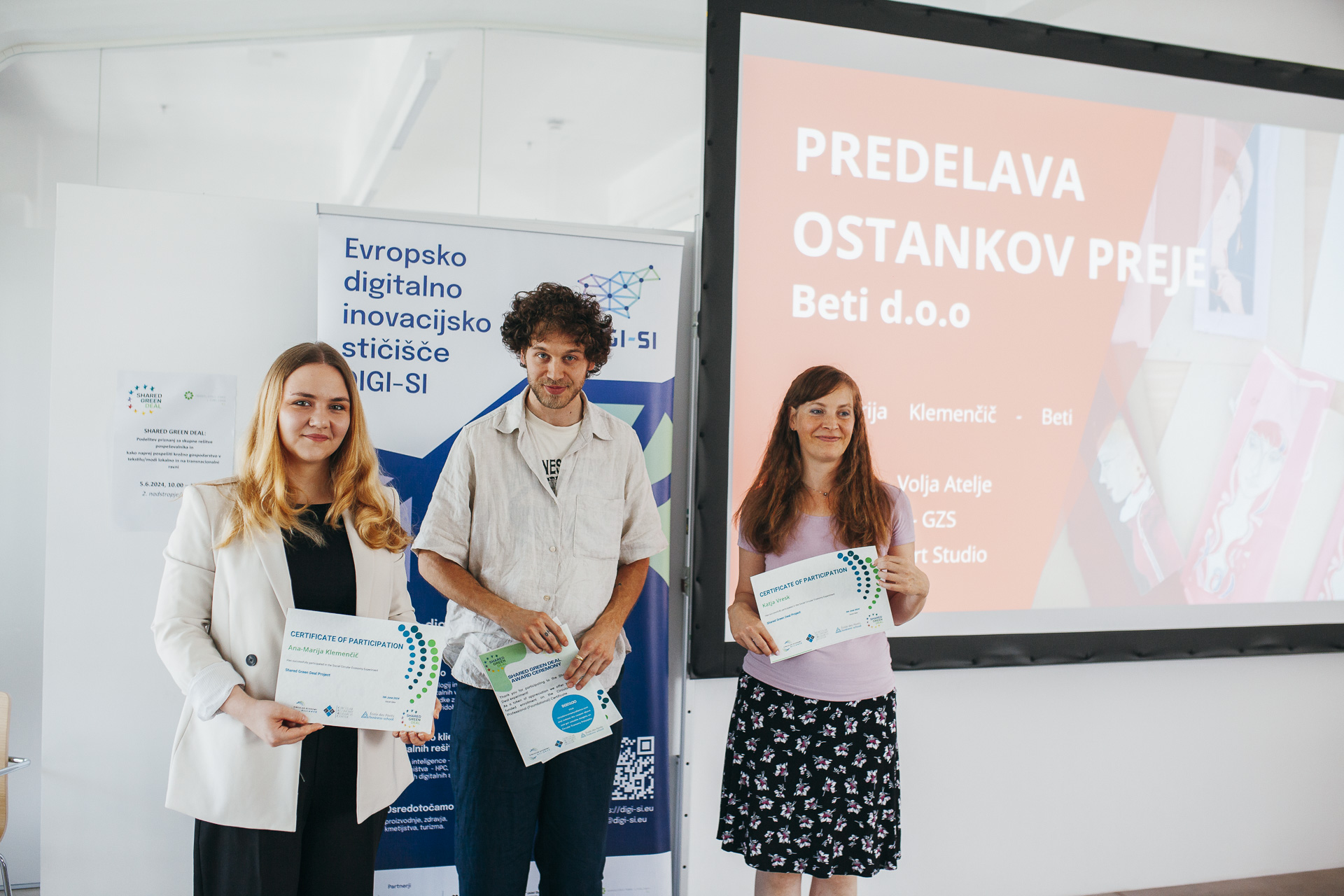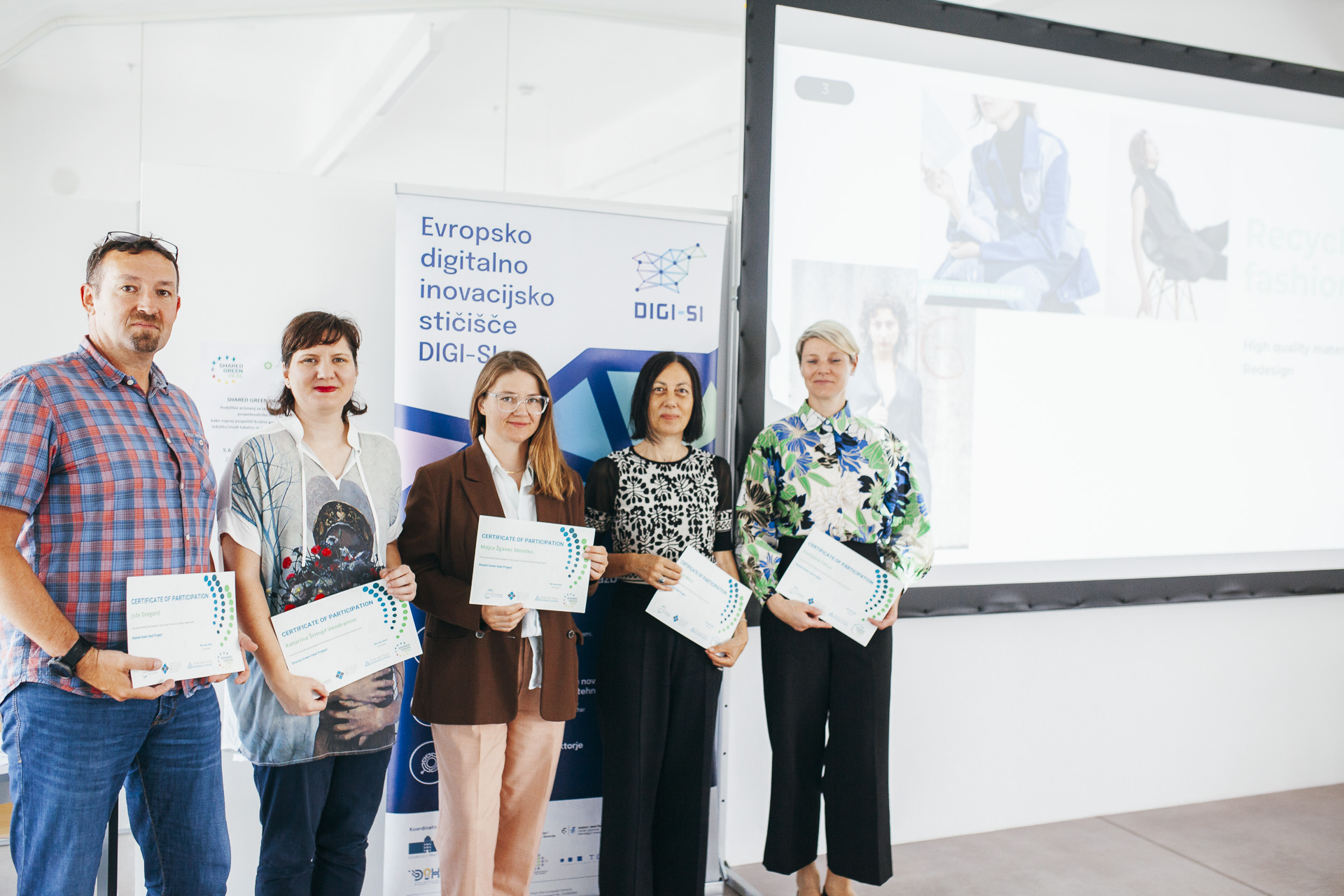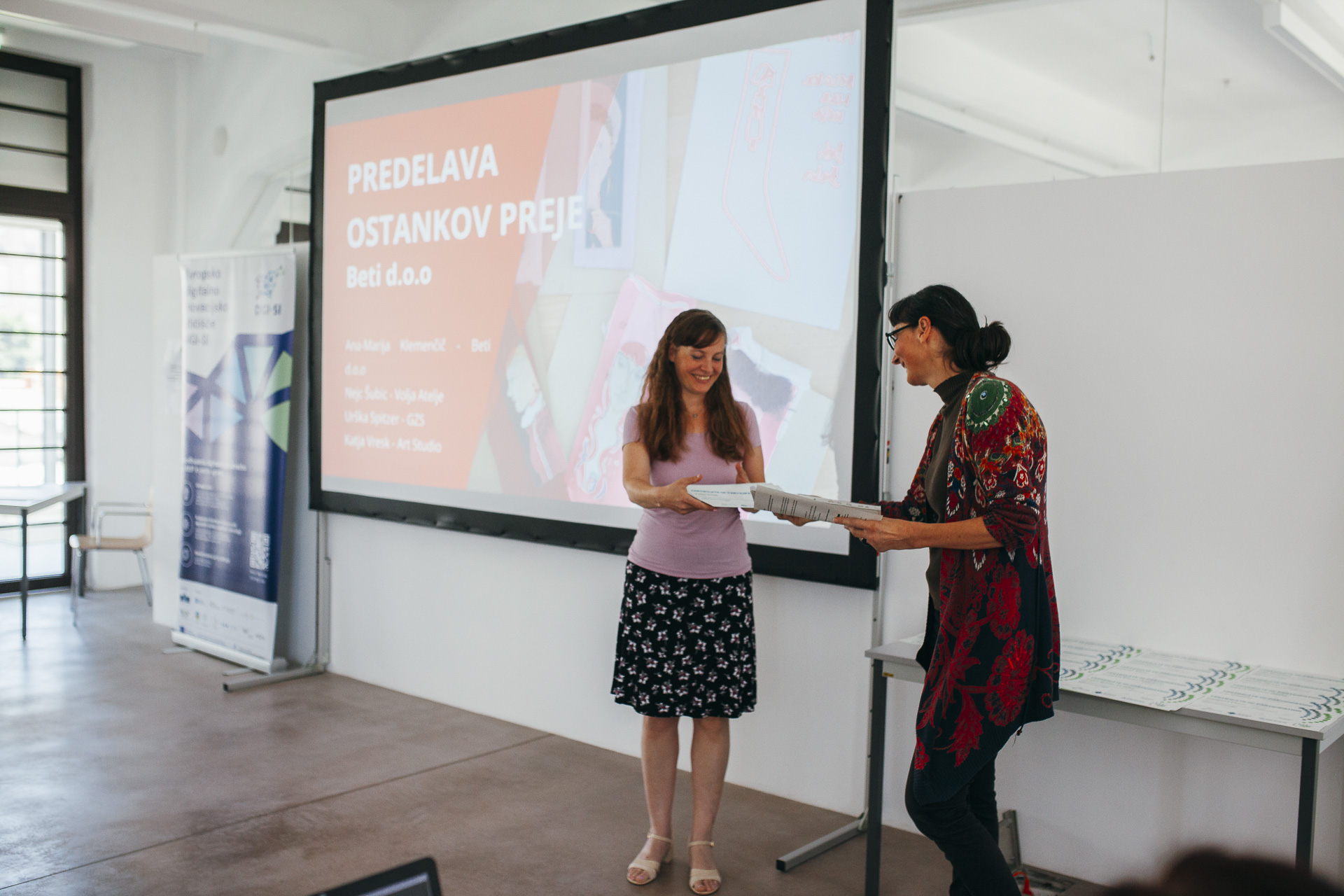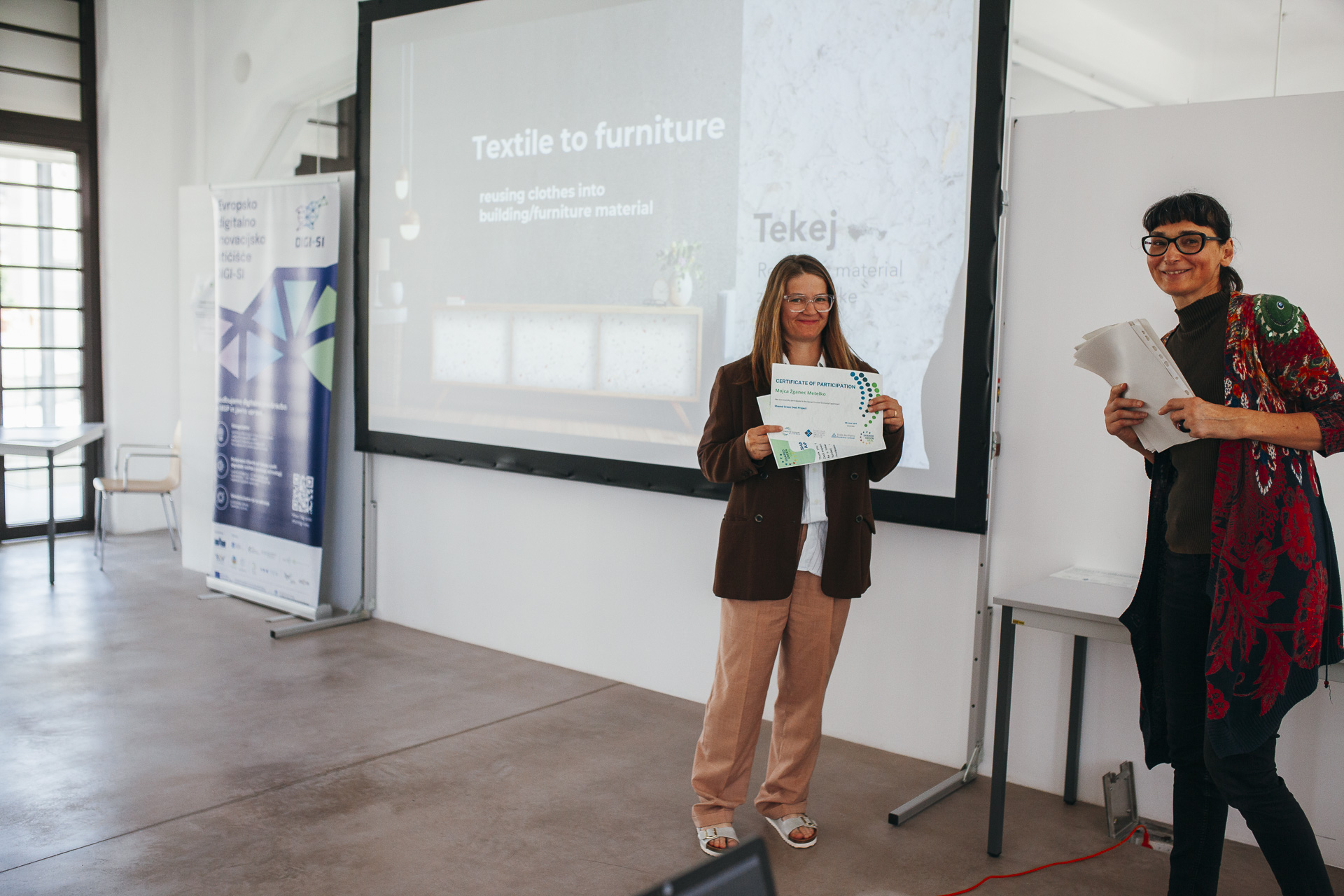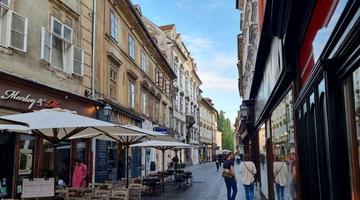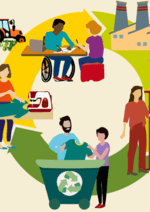Circular ideas gain traction in Ljubljana’s innovative ecosystem
In the Slovenian capital of Ljubljana, a small-scale social experiment focused on the circular economy began a few years ago. The experiment—or project, as it was viewed locally—was not run by activists or a university, as is most often the case. Instead, it was led by the local business park, Technology Park Ljubljana.
The experiment in question aimed to explore what a circular transition could look like in the textile and fashion sectors, particularly within the context of small and medium-sized enterprises (SMEs), which make up the majority of businesses in the “park”. It focused not only on sustainable production and consumption but also on social inclusion, with a specific emphasis on engaging social enterprises that employ people with disabilities.
What set the project apart was its positioning: engaging public policy and the wider community, but with local enterprises as the backbone—something the Technology Park was perhaps uniquely suited to deliver. Here, circularity was not discussed as an abstract ideal. Instead, it treated it as a practical challenge requiring collaboration, facilitation, and, crucially, a local economic logic.
Innovation through participation
The centrepiece of the local effort was a series of three structured co-creation workshops, hosted at Center Rog, a newly revitalised hub for design and innovation in Ljubljana. Rather than promoting a single product or pilot, the workshops brought together diverse local actors: fashion designers, policymakers, social organisations, academics, marketing experts, and public service representatives. At first, the collaboration was uneven. Some participants were more familiar with collective innovation methods than others; trust and shared language were not immediate.
Recognising this, the organisers adapted. They introduced creative facilitation techniques—most notably De Bono’s Six Thinking Hats—to level the playing field and help participants move from individual interests to shared exploration.
As Majda Potokar, Project Manager at Technology Park Ljubljana, explains:
“This is one of the best methods to help people open up during interaction. We as an organiser of these workshops and the experts reflected after each workshop what would be the next step to engage participants in the most effective way possible so that they would have a good motivation to collaborate and bring their perspectives into the team work of identification of joint solutions of the Local Accelerator Hub”.
By the end of the third workshop, the group had developed three co-created ideas:
- A concept for a locally designed, sustainably produced sock brand, combining ethical production with regional identity
- A proposal for a Slovenian ethical designer platform, a collaborative marketing and standards body
- A city-level clothing collection point, envisioned as both a sustainability measure and a social employment opportunity
Building momentum
As a consequence of the local support being firmly rooted in an explicit search for cooperation, Technology Park Ljubljana opted to not organise the regular “Award” given out as a SHARED GREEN DEAL local partners, but instead opted for a ‘Recognition Ceremony’, signalling that the value lay not in competition, but in the relationships built and the collaboration initiated.
This shift in tone was reinforced by the setting: the ceremony was held under the auspices of Slovenia’s 2024 presidency of the EU Strategy for the Alpine Region (EUSALP), positioning the project within a broader transnational and policy-driven context at which all the recognised parties received their diploma
Today, roughly two years after first beginning the efforts in SHARED GREEN DEAL, the ideas and methods developed during the experiment are being carried forward by Technology Park Ljubljana through participation in the European cooperation project SYMCRAFT (Interreg Central Europe).
Supported by over €1.700.000 in EU funding by the Interreg Central Europe programme, the work continues—strengthening collaboration between small businesses, social enterprises, and public actors, and promoting circularity across industry and creative craft in the Central Europe area and beyond.
Learn more about the SYMCRAFT project here.
Related Green Deal Priorities
Related localities
Related events
Related Resources


CONTACT
For further details please contact co-leads Professor Chris Foulds (chris.foulds@aru.ac.uk) and Professor Rosie Robison (rosie.robison@aru.ac.uk).

This project has received funding from the European Union’s Horizon 2020 research and innovation program under grant agreement No 101036640. The sole responsibility for the content of this website lies with the SHARED GREEN DEAL HAS project and does not necessarily reflect the opinion of the European Union.
